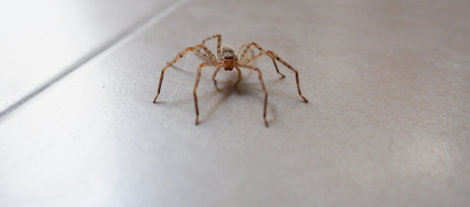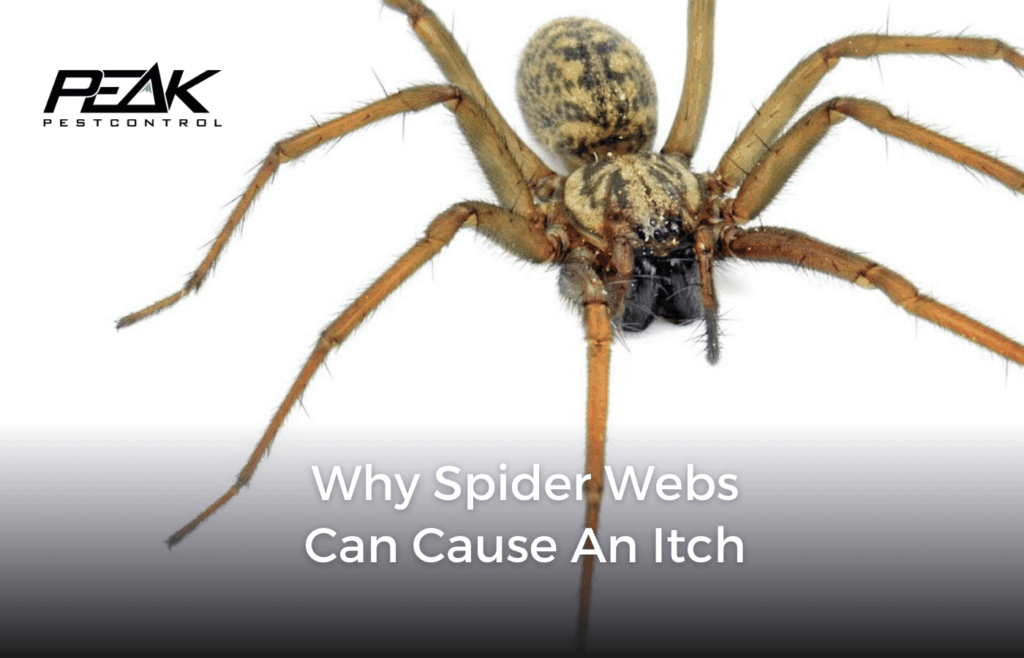Spider webs can be found in many landscapes and homes. Even though they are amazing natural phenomena, humans who come into contact with them may feel uneasy. You may have experienced itching on your skin after stepping into or coming into contact with a spider web. Numerous elements pertaining to the environment and composition of the web may be the cause of this annoyance. You can more effectively handle this problem if you know why spider webs make you itchy.

How Spider Webs Are Made
Spiders use spinnerets at the end of their abdomen to release silk strands, which they use to spin their webs. Spiders make this silk, a protein thread, in their bodies. The process begins with the spider forming a basic framework, which they then fill in with more threads to make a sticky trap for insects. Some webs are simple, while others are complex, with spiral or funnel shapes.
Why Do Spider Webs Cause Itching?
There are two possible causes for spider web itching. These include the physical impact of the web’s texture on the skin and the existence of allergies.
Allergens in Spider Webs
Spider webs can collect dust, pollen, and other airborne particles. When these particles come into contact with your skin, they can cause an allergic reaction. This reaction is similar to what many people experience with dust mites or pollen and can lead to itching and redness.
Physical Irritation from Webs
The texture of the web itself can also irritate the skin. Spider webs are made of fine, sticky strands that can cling to the skin. This can cause a sensation similar to a mild rash. Moreover, fine hairs on the web may scratch or tickle the skin, leading to itching.
How to Manage Itching from Spider Webs
While itching from spider webs can be annoying, there are practical ways to manage it. Here are some tips to help you deal with web-related itching.
Cleaning Tips
Regular cleaning can help prevent spider webs from forming in the first place. Use a broom or vacuum cleaner to remove webs from ceilings and corners. Pay special attention to less frequently used areas, such as basements and attics. Keeping windows and doors closed can also reduce the number of webs in your home.
When to Call Pest Control Experts
If spider webs become a recurring issue, it might be time to seek help. Pest control experts can assess your home for potential spider infestations and provide solutions to reduce the number of spiders. Spider control professionals can also offer advice on preventing future problems.
Managing Spider Web Allergens for a Comfortable Home Environment
Spider webs can cause itching due to allergens and physical irritation. Regular cleaning and preventive measures can help reduce this issue. If the problem persists, reaching out to pest control experts may be the best solution. Understanding the reasons behind the itch can help you manage it effectively, ensuring that your home remains both comfortable and spider-free. By taking these steps, you can minimize contact with webs and keep itching at bay.
At Peak Pest Control, we’re committed to making your home a comfortable, spider-free zone. Don’t let spider webs and the itching they cause take over. Contact us today for a thorough assessment and effective solutions. Your peace of mind starts here.


